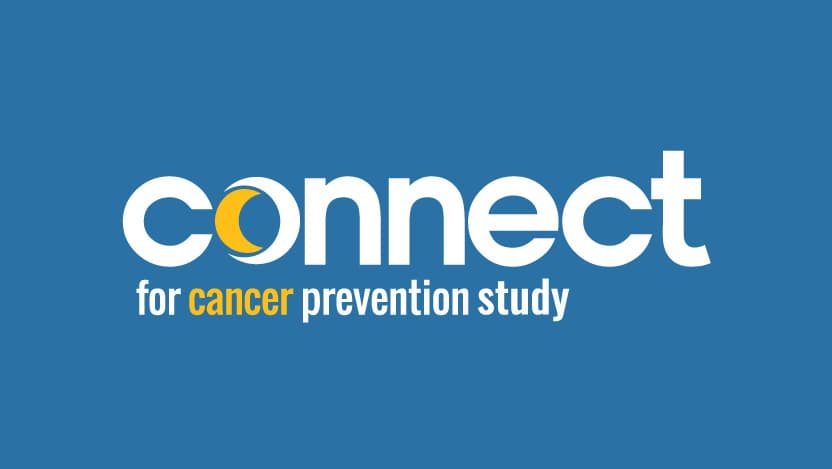UChicago Medicine launches National Cancer Institute research study to inform the future of cancer prevention

The University of Chicago Medicine hopes to recruit 50,000 people to participate in a new national study designed to explore the causes of cancer and learn more about how to prevent it.
The academic health system has partnered with the National Cancer Institute (NCI), a part of the National Institutes of Health, for the Connect for Cancer Prevention Study (Connect). Connect will track participants over time with the goal of identifying factors that could impact a person’s cancer risk and other health outcomes. The team says the findings have the potential to influence public health and cancer prevention guidance for years to come.
“Connect is an important and timely initiative to make impactful cancer precision health discoveries which will improve prevention, early diagnosis and better outcomes of cancer in the U.S.,” said Habibul Ahsan, MD, MMedSc, Dean of Population and Precision Health in the University of Chicago’s Biological Sciences Division. Ahsan is the principal investigator of the study. The study will be housed within UChicago’s Institute for Population and Precision Health (IPPH), which Ahsan leads.
UChicago Medicine is one of nine healthcare sites across the country participating in this research effort. Collectively, the healthcare systems hope to enroll 200,000 participants over the next five years. The nationwide effort aims to recruit people from all racial, ethnic and socioeconomic backgrounds to ensure the study’s findings benefit the broadest number of people.
“Connect will explore novel and emerging exposures that may affect cancer risk,” said Montserrat García-Closas, MD, DrPH, Deputy Director of NCI’s Division of Cancer Epidemiology and Genetics and the principal investigator. “This study will change the future of cancer prevention.”
Eligible participants are between the ages of 30 and 70, have no history of invasive cancer, and are UChicago Medicine members or patients.
People who join will be asked to complete online health surveys several times a year and to donate samples of blood, urine and saliva every two to three years. Safeguards for privacy and confidentiality will be in place to protect participants’ data and biological samples.
“We are confident this research will offer insight into preventing the enormous burden of cancer and give us important insights into the causes of this disease,” said Briseis Aschebrook-Kilfoy, PhD, MPH, Scientific Director for the IPPH and lead co-investigator of Connect.“This will yield important knowledge that will help us improve tailored treatment and outcomes for cancer patients in the future and hopefully help prevent disease as well.”
UChicago Medicine, an academic health system based on Chicago’s South Side, was selected for the project in part because of its long history of building large and diverse population health cohorts in Chicago and globally.
“It is critical that the tailored prevention and treatment discovery is inclusive and relevant for our patient population and the communities we serve,” said Aschebrook-Kilfoy. “The IPPH has led the nation in inclusion of diverse study participants in other national studies, and we are hopeful that we bring significant diversity to Connect.”
Cancer is the second leading cause of death in the U.S., and cases are expected to rise in the next decade as the country’s population ages and lifestyles change. Communities in Chicago and particularly those on the South Side suffer from multiple health disparities, including cancer rates. Bringing Connect to Hyde Park and surrounding communities enables underrepresented groups to participate in biomedical research.
To learn more about Connect, visit cancer.gov/connectstudy or email the UChicago Connect team at Connect@bsd.uchicago.edu. Interested individuals can also sign up for the IPPH Research Registry at ipph.uchicago.edu/registry.